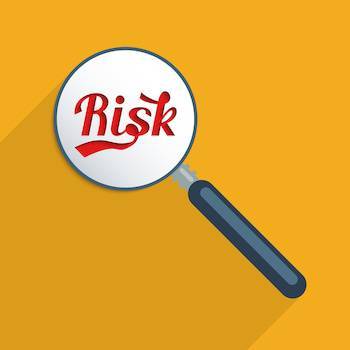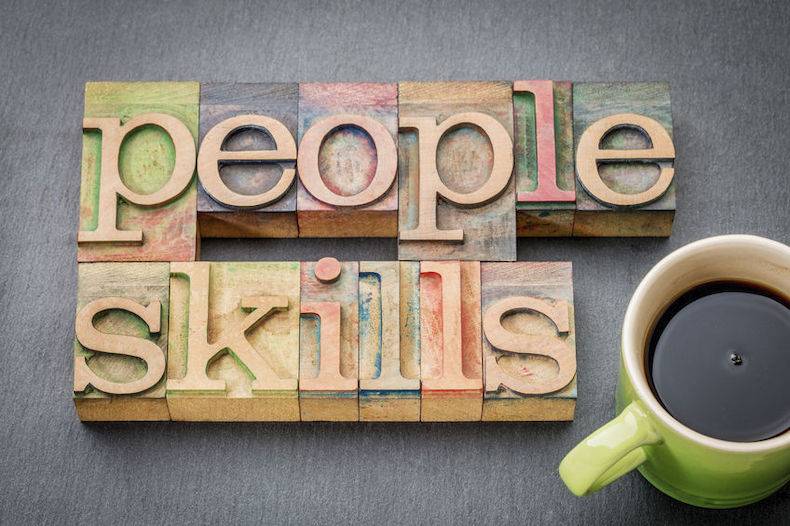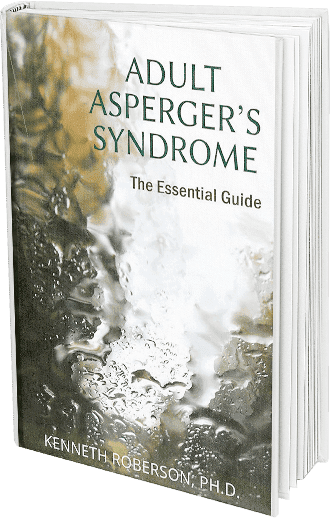
Introduction
Internalized stigma in autistic adults is a topic that demands attention and understanding. It refers to the process by which people with autism absorb and accept negative stereotypes and prejudices against them, often leading to self-doubt and diminished self-esteem. In this article, we will delve into the nuances of internalized autism stigma, discuss its impact, and explore strategies for overcoming these challenges. My goal is to inform and empower autistic adults, helping them to navigate their experiences with confidence and self-awareness.
Understanding Internalized Stigma
Internalized stigma in autistic adults is a multifaceted phenomenon that entails the assimilation of negative societal views and prejudices about autism into one’s self-image. This internalization process can significantly affect how individuals perceive themselves and their capabilities. It often originates from pervasive stereotypes and misinformation about autism, which can lead to a distorted self-concept and feelings of inferiority.
At its core, internalized stigma involves the acceptance of external negative judgments as personal truths. Autistic individuals might come to believe that they are less capable, less worthy of respect, or fundamentally different in a negative way compared to neurotypicals. This can manifest in various aspects of life, from hesitancy in social interactions to reluctance in pursuing personal and professional goals.
The process of internalizing stigma is not always overt or conscious. It can occur subtly, through repeated exposure to negative stereotypes in media, everyday conversations, and institutional biases. Over time, these external perceptions can seep into a person’s self-awareness, leading to self-stigmatization. This might result in minimizing one’s own feelings, avoiding situations where one’s autism might be disclosed or discussed, and internal conflicts between the desire to fit in and the reality of one’s autistic identity.
Recognizing internalized stigma involves a conscious effort to identify and question these internalized beliefs. It requires reflecting on how societal attitudes towards autism have influenced one’s self-esteem and self-perception. This recognition is the first crucial step toward dismantling the harmful effects of internalized stigma and fostering a healthier, more positive self-identity.
In summary, understanding internalized stigma in autistic adults is about recognizing the deep-seated impact of societal attitudes on individual self-concept. It involves acknowledging the internalization of negative stereotypes and working towards deconstructing these harmful beliefs to promote a more positive and empowered self-image.
The Impact of Internalized Stigma In Autistic Adults
The impact of internalized stigma on autistic adults extends across various dimensions of life, profoundly influencing mental health, social interactions, professional achievements, and overall quality of life. Internalized stigma acts as a pervasive force that can shape an individual’s self-identity, relationships, and perceptions of their place in the world.
Mentally, internalized stigma can lead to a range of psychological challenges. Autistic adults may experience heightened levels of anxiety, depression, and stress as they navigate the internal conflict between their self-perception and societal expectations. The constant pressure to conform to neurotypical norms, coupled with the internalization of negative stereotypes, can result in a persistent state of self-doubt and emotional turmoil. This mental strain can intensify the challenges of navigating an already complex world, impacting mental health and well-being.
Socially, the effects of internalized stigma are equally significant. It can cause autistic individuals to withdraw from social engagements, fearing judgment or misunderstanding from others. This withdrawal can lead to isolation, loneliness, and a diminished support network, further compounding feelings of alienation and inadequacy. The internalization of negative societal views can make it difficult for autistic adults to form and maintain meaningful relationships, impacting their social health and sense of belonging.
Professionally, internalized stigma can hinder career progress and fulfillment. Autistic adults may shy away from pursuing opportunities for advancement or exploring new career paths due to a lack of self-confidence and fear of discrimination. This can lead to underemployment, job dissatisfaction, and unfulfilled potential, as people may not feel empowered to advocate for themselves or seek accommodations that could facilitate their success.
Overall, the impact of internalized stigma is a significant barrier to leading a fulfilling and authentic life. It affects self-perception, interpersonal relationships, and professional development, creating a cycle of negative self-evaluation and missed opportunities. Addressing the root causes and manifestations of internalized stigma is essential to breaking this cycle and enabling autistic adults to achieve their personal and professional goals, fostering a sense of self-worth and empowerment.
Unpacking Internalized Autism Stigma
To effectively address internalized stigma, it is important to unpack and challenge the misconceptions and stereotypes about autism. This involves a critical examination of societal attitudes and the ways in which they influence individual self-perception. Autistic adults and their allies can work together to deconstruct harmful narratives and celebrate the diversity and strengths inherent in the autism experience.

Comprehensive Strategies for Overcoming Stigma in Autism
Overcoming the stigma associated with autism, particularly the internalized form, requires a multifaceted and proactive approach. This journey involves personal introspection, community engagement, and societal advocacy to address and dismantle the roots and effects of stigma. Here’s a deeper look at the strategies that can be instrumental in this process:
Personal Empowerment and Self-Acceptance
At the individual level, empowering oneself through self-acceptance is crucial. This means recognizing and embracing one’s autistic identity as an integral part of one’s self. Autistic adults can work on building self-esteem and resilience through therapeutic interventions such as talk therapies that focus on challenging negative thought patterns and fostering a positive self-image. Mindfulness and self-compassion practices can also help in mitigating the harshness of self-judgment and in cultivating a kinder, more understanding relationship with oneself.
Educational Outreach and Awareness
Education plays a pivotal role in overcoming autism stigma. By educating oneself and others about autism, its nuances, and the diversity within the autistic spectrum, people can challenge and change the misconceptions and stereotypes that fuel stigma. Workshops, seminars, and informational campaigns can serve as platforms for raising awareness and promoting a more accurate and nuanced understanding of autism.
Building Supportive Communities
Creating and nurturing supportive communities is essential for combating isolation and fostering a sense of belonging among autistic adults. Support groups, online forums, and social networks can offer safe spaces for sharing experiences, discussing challenges, and celebrating achievements. Within these communities, individuals can find validation, understanding, and encouragement, which are vital for countering the effects of internalized stigma.
Advocacy and Representation
Advocacy for autistic rights and representation in all areas of society is critical for challenging and changing societal perceptions. Autistic adults and their allies can advocate for inclusive policies, practices, and environments in educational institutions, workplaces, and public spaces. Promoting positive representations of autism in media and public discourse can also help to shift societal attitudes and reduce stigma.
Professional Support and Counseling
Seeking professional support through counseling or therapy can be an effective way for autistic individuals to process and overcome internalized stigma. Mental health professionals specializing in autism can provide tailored support, helping individuals to navigate their feelings, develop coping strategies, and build a stronger sense of self.
In summary, overcoming stigma in autism involves a comprehensive approach that includes personal empowerment, educational outreach, community support, advocacy for rights and representation, and professional counseling. By addressing internalized stigma through these multifaceted strategies, autistic adults can work towards a life characterized by greater self-acceptance, fulfillment, and societal integration.
Empowerment Through Knowledge and Support
Knowledge is power, and for autistic adults, understanding the nature and origins of internalized stigma is a crucial step towards empowerment. Access to supportive communities and resources can provide the tools needed to navigate and challenge internalized stigma. Encouraging open conversations, sharing personal experiences, and highlighting the achievements of autistic individuals can foster a more inclusive and accepting society.
Building Confidence and Self-Esteem
Building confidence and self-esteem is essential for autistic adults to live fulfilling lives and overcome internalized stigma. This can be achieved through self-care practices, setting achievable goals, and celebrating personal accomplishments. Recognizing and valuing one’s unique strengths and contributions can significantly counteract the effects of internalized stigma.
Conclusion
Internalized stigma in autistic adults is a significant barrier to well-being and self-actualization, but it is not insurmountable. Through education, support, and self-advocacy, autistic adults can overcome these challenges and lead confident, empowered lives. If you or someone you know is struggling with internalized autism stigma, remember that you are not alone. Contact me for a virtual consultation to explore personalized strategies for understanding and overcoming these challenges, and embark on a journey towards self-acceptance and empowerment.




